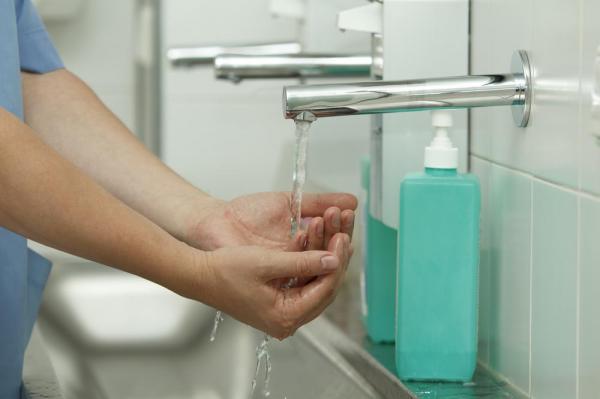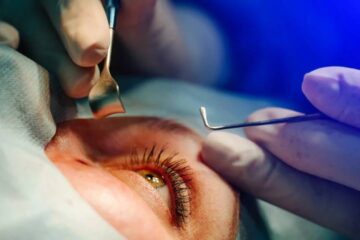
More than one-third of hospitals in developing countries do not have running water, researchers at Johns Hopkins University found in a review of surgical studies.
Nearly 800 million people do not have access to running water, the U.S. Centers for Disease Control and Prevention reports, but researchers in the new study suggest lessons could be taken from countries such as Rwanda, which has expanded its water infrastructure to cover more than 83 percent of the country during the last two decades.
Hospitals without running water may have trucks deliver it or collect rainwater, though researchers say there is no way to know the cleanliness of rainwater, which is expected for use at medical facilities.
Basic healthcare requires running water, a lack of which the researchers say suggests instruments, sheets, gowns, facilities and even doctor’s hands are not meeting basic safety guidelines for surgery and other health services.
“Hopefully, people aren’t operating in those conditions,” Dr. Adam Kushner, an adjunct professor at Johns Hopkins, said in a press release. “But what do you do if a woman shows up in obstructed labor and needs an emergency C-section and it’s the dry season and the rain barrel is empty? You can’t operate with dirty instruments, but if you don’t she’s going to die. This is the sort of dilemma that surgeons in these hospitals face.”
For the study, published in the Journal of Surgical Research, researchers analyzed 19 surgical studies conducted between 2009 and 2015 that included water availability at 430 hospitals in 19 low- and middle-income nations.
Of the hospitals, 283, or 66 percent, had running water, leaving 34 percent without continuous running water. The range among individual hospitals running from 20 percent in Liberia and 32 percent in Burundi to more than 90 percent in Bangladesh and Ghana, researchers reported.
“Running water is something we so take for granted and it doesn’t exist in a third of hospitals in these countries,” Kushner said. “Instead of water just being there, some hospitals truck in water or collect it in rain barrels, with no guarantee of its cleanliness. Without clean water, there is no way to clean surgeons’ hands or instruments, wash gowns and sheets or clean wounds to prevent or reduce infections.”



